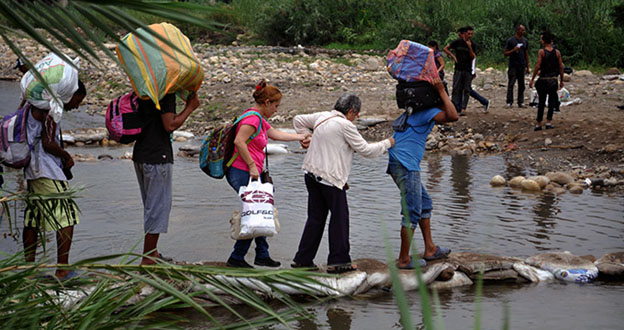Forcibly displaced people in Latin America and the Caribbean can contribute significantly to the economies where they live if they have the opportunity, according to two new studies undertaken by the World Bank (WB), the Organization for Economic Cooperation and Development (OECD), and the United Nations High Commission for Refugees (UNHCR).
The studies indicate that refugees and migrants are filling important gaps in local labour markets and boosting the demand for goods and services which may increase tax revenues and raise the Gross Domestic Product (GDP) of receiving countries. However, displaced people frequently find themselves in vulnerable situations linked to the fact that they live away from home. One common problem, the studies suggest, is that while displaced people of working age may have a high level of education and may even be in some form of employment, they are frequently overqualified for their jobs and engaged in informal activities, limiting their wages, and exacerbating their food insecurity.


